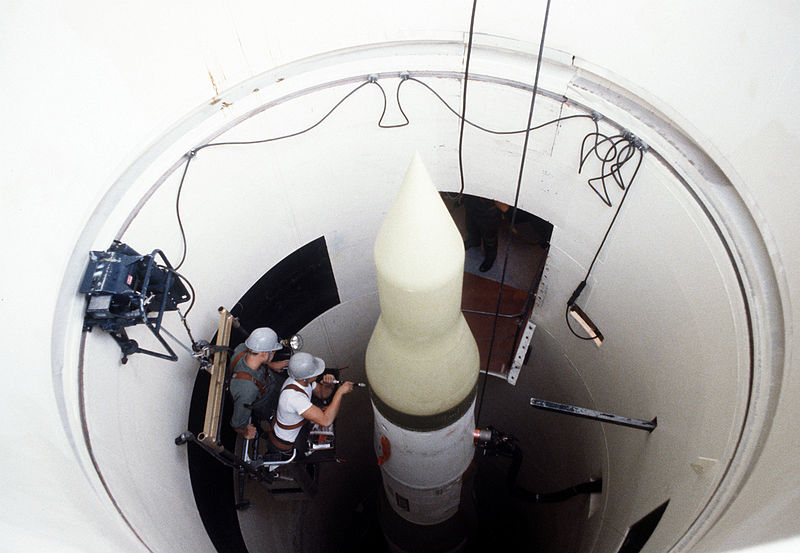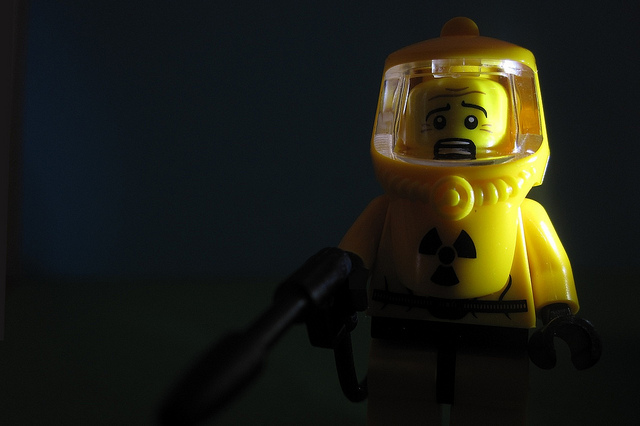Time for double or nothing with North Korea
In a recent article in Foreign Affairs, Robert Art and Robert Jervis wrote about the late Kenneth Waltz’s unique contribution to the field of international politics. One of the things Waltz brought to his research was an interest in economics and, as Art and Jervis note, that interest made Waltz focus on incentives. So let’s have a look at the incentives on the current North Korean nuclear issue.
At the moment, we hold out to Pyongyang the incentive that it can have a proper economy and become a fully-fledged member of the international community if it renounces its nuclear program. We pair that incentive with a matching disincentive: that if North Korea proceeds down the nuclear path it will find itself subjected to increasingly stringent sanctions and international isolation.
That incentive structure hasn’t changed much over the last two decades. But any observer of North Korean behaviour over that time would have to conclude that those incentives don’t seem to be delivering the desired outcome. North Korea has now conducted three nuclear tests, all of small but gradually increasing yield, and has opened a second pathway—uranium enrichment—to the production of fissile material, alongside its earlier plutonium reprocessing efforts. It has constructed a missile that can put a satellite into orbit. True, the satellite’s probably pretty lightweight, but the launch vehicle is clearly the basis of an intercontinental delivery system. Read more

